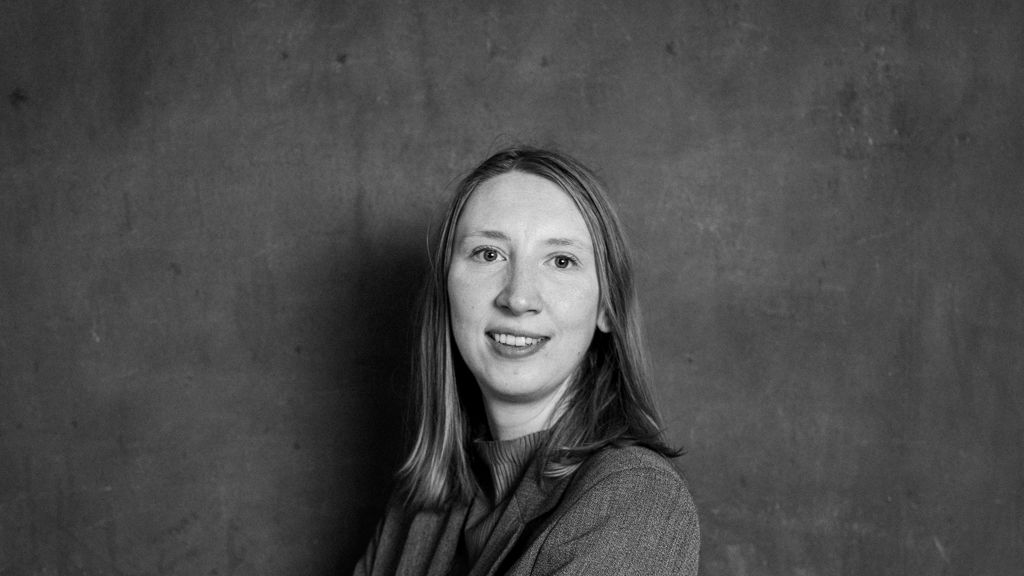More young people choose to study finance; but not women
Young women reject finance studies. Men are in the majority, both in the short and long-term programmes that lead into the financial sector. Finansforbundet believes that more equal gender distribution is required in the recruitment area of the sector.

Women choose meaning
Anne Sophie Lassen, Postdoc, who carries out research into gender differences in the labour market at CBS, has no explanation for this. But she knows that, generally, it matters a great deal to women to do meaningful work.
"Research shows that when young people are asked to choose between two hypothetical jobs, women are more likely to choose the job that gives them meaning – and they are willing to take a pay cut to do it. This pattern is reflected in the labour market in which women are overrepresented in jobs that make a positive difference to society or other people."
Therefore, a way to create greater interest among young women could be to promote these educational programmes through values such as the human functions, social impact and green transition.
“These degrees are used in many different types of jobs, including those that appeal more to young women. But that's not really what’s being promoted today," she points out.
At VIVE – The Danish Center for Social Science Research, Hans Henrik Sivertsen, Professor and Economist, points out that many factors may contribute to the development illustrated by recent educational statistics.
“My guess is that part of the explanation may be the impact of the financial sector's development away from human contact towards more digitalisation, even though this is no longer a new development. At the same time, many of the young people entering the educational system today have probably never set foot in a bank. Their notion of the financial sector probably differs from the actual conditions and tasks."
He suggests that, if that is the case, the path to equal gender distribution in educational programmes could be more information:
"Some prejudices about the financial sector perhaps deter young people from choosing that path; maybe they’re also associated with gender-specific stereotypes, which could be prevented by providing more information about the actual work."
Student recruiters
At CBS, efforts are made to attract more women to the economics-related graduate programmes, which again this year have received far fewer female applicants than men across the board. (See the fact box)
One of those aware of the gender difference issues among students and trying to address them is Jeppe Christoffersen, Associate Professor and Center Manager, who is the academic coordinator for the MSc in Finance and Accounting.
“We have encouraged women in the present classes to spread the word to the current bachelors that this programme is for women too. In addition, we make sure that women are present at our stands during open house events and similar occasions.
He is not sure whether it has worked, but the programme has seen better development in recent years than the other finance programmes, which, in his assessment, may also be perceived as more hardcore economics.
“This year, women constitute 30 per cent, and we have seen an upward trend over the past five years.
In Jeppe Christoffersen’s opinion, more women choose the programme because of the bright employment prospects after graduation:
"Women don’t want to be selected because of their gender, but I think it’s helped that, at least, they no longer feel that they don’t have the same opportunities than men."
Several initiatives
Finansforbundet’s President, Dorrit Brandt, also sees a need for better gender representation.
"Too few women choose finance programmes, and we need to do something about it. That we even see the imbalance in some programmes increase calls for action on several fronts," she says.
“It's also about role models, and more women in top management in the financial sector would undoubtedly be a benefit – also in terms of applications to the programmes.
She notes that a number of the higher education programmes are seeing a change, but emphasises that the financial sector requires a wide range of skills:
“We need diversity and inclusion because finance ultimately is about helping people and businesses grant wishes and make dreams come true. It’s meaningful and socially beneficial work, and as an employee in the financial sector, you are in many ways helping to keep the wheels turning."

More men are applying for finance programmes
This year, the number of students admitted to the finance bachelor's programme has increased by 12 per cent.
4 per cent more people than last year will enrol on the financial economist programme.
And yet, the proportion of women has decreased.
A trend that has been evident for a number of years.

Men in the overwhelming majority among finance graduates
This is how many men and women have been admitted this year to CBS’ graduate programmes, which may lead to a job in the financial sector:
MSc in Finance and Accounting: 144 women and 379 men
MSc EBA – Finance and Investments: 266 women and 813 men
MSc EBA in Finance and Strategic Management: 503 women and 874 men.
MSc Economics and Finance – Applied Economics and Finance: 342 women and 651 men.
MSc Economics and Finance – Advanced Economics and Finance: 95 women and 253 men.
The distribution of women and men in these programmes has hardly changed since 2020.
In 2020, women constituted 29 per cent, and in 2024, they constituted 31 per cent – that is still less than one in three students.





